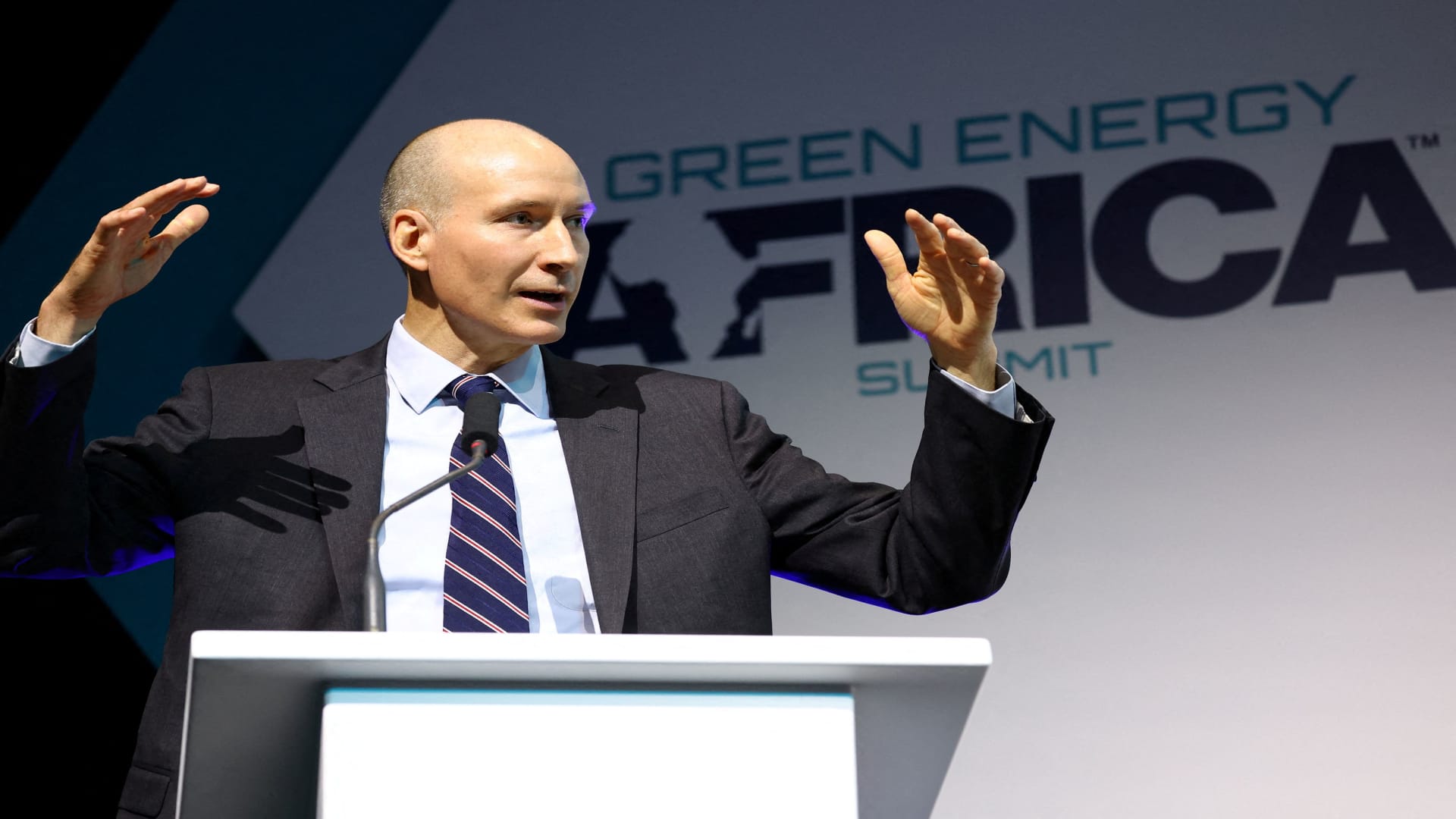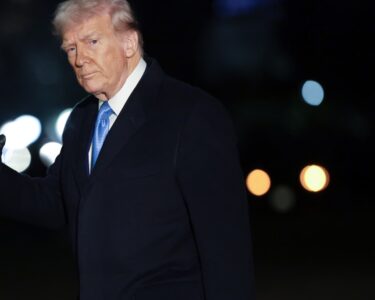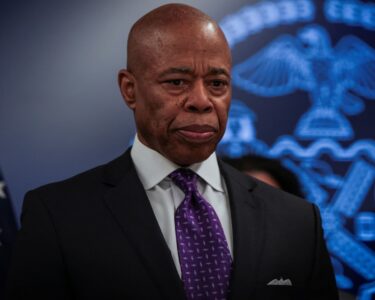A top U.S. Department of Energy (DOE) official on Thursday defended President Joe Biden’s pause on approvals of liquefied natural gas (LNG) exports at a Senate hearing called by a fellow Democrat who said he will investigate the decision.
Biden paused the approvals late last month so his administration can take a “hard look” at the environmental and economic impacts of the booming industry.
Deputy U.S. Energy Secretary David Turk told the Senate energy committee that the DOE will finish the review as quickly as possible but it he could not predict a timeline other than it would take “months, not years.”
“It will not affect our ability to supply our allies,” Turk said, adding that it does not affect already approved exports.
A U.S. official earlier on Thursday told Reuters “I don’t think we’re concerned at all about our ability to meet (European) demand.” The review needs to analyze among other things whether more U.S. LNG exports could slow the adoption abroad of green hydrogen – where hydrogen fuel production would be powered by renewable energy instead of gas, the official said.
The United States became the world’s top LNG exporter last year amid strong demand from Europe following Russia’s invasion of Ukraine, and the shipments are expected to double by the end of the decade and keep growing rapidly after that on projects already approved.
Senator Joe Manchin, a Democrat from natural gas producer West Virginia who called the hearing, said the pause sends the wrong signal to allies in Europe and Asia. The pause signals “the wrong direction for our country, a very wrong direction,” Manchin said.
The European Commission however has said that the move will not have any short- to medium-term impacts on the EU’s security of supply. The pause has exceptions for any supply or national security emergencies.
Turk said that as the administration talks with allies and partners about the pause, “we feel very comfortable,” about their gas supply going forward. “As we export more, already under construction already under authorization, the demand for many of our allies, it’s actually decreasing,” including from Japan which is increasingly relying on nuclear power, Turk told reporters after testifying.
Environmentalists and youth groups, an important part of Biden’s base, had pressured Biden to slow approvals of fossil fuel projects on concerns about their emissions of greenhouse gases. Domestic businesses ranging from chemicals and steel to food and agriculture also oppose unrestricted exports of U.S. gas, saying it could raise fuel prices.
Opponents of the pause including Senator John Barrasso, a Republican, said that it was a political stunt ahead of the Nov. 5 election.
Turk said the review will also consider pollution impacts on people living near LNG facilities. “We need to hear from frontline communities, we need to take into account all of the health environmental impacts,” Turk said about the review.
It is unclear how lawmakers who oppose the pause can overturn it. Legislation in both the Senate and the House of Representatives would strip the DOE’s power to approve exports, giving all approvals to the independent Federal Energy Regulatory Commission (FERC).
But it is hard to pass legislation in an election year. Even if it passed the House, it would likely struggle in the Senate, led by Democrats.
The pause could face court challenges. A group of 23 Republican state attorneys general in a letter sent to the administration on Tuesday claimed that the Biden administration’s pause is illegal, arguing that the natural gas law requires the DOE to approve LNG exports unless it shows that doing so would not be in the public interest.
The group claimed that the pause is based on “allusions to environmental harms” and conflicts with the congressional intent in the gas law.






